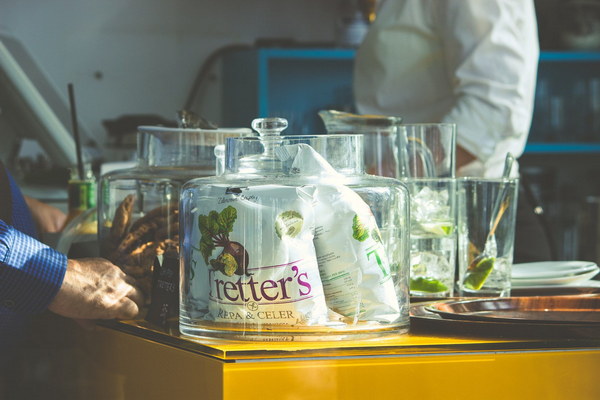Winter Baby Care How to Nourish and Protect Your Newborns Lungs
Winter is a challenging season for newborns, as the cold air can be harsh on their delicate respiratory systems. It's essential to take extra care to nourish and protect your newborn's lungs during this time. Here are some tips to help keep your little one's lungs healthy and strong throughout the winter months.
1. Keep the Nursery Warm and Humid
Newborns are more susceptible to respiratory infections due to their underdeveloped immune systems. To help prevent these infections, maintain a warm and humid environment in your baby's nursery. Use a humidifier to add moisture to the air, which can help prevent dryness and irritation in your baby's nasal passages and lungs.
2. Dress Your Baby Appropriately
Layering is key when dressing your newborn for winter. Make sure your baby is warmly dressed, but not overdressed, to avoid overheating and sweating. Overheating can lead to respiratory infections. Opt for breathable fabrics like cotton or wool and dress your baby in a hat to keep their head warm.

3. Avoid Smoking and Secondhand Smoke
Smoking and secondhand smoke can be harmful to your newborn's lungs. Secondhand smoke is particularly dangerous, as it can lead to asthma, bronchitis, and other respiratory issues. If you smoke, try to quit, and if you're around others who smoke, make sure to keep your baby away from the smoke.
4. Practice Good Hand Hygiene
Winter is cold and flu season, which means there are more germs floating around. To prevent your newborn from catching a respiratory infection, wash your hands frequently, especially before touching your baby. This will help minimize the transmission of germs.
5. Breastfeed Your Baby
Breastfeeding provides numerous benefits for your newborn, including immune system support. Breast milk contains antibodies and other nutrients that can help protect your baby's lungs and reduce the risk of respiratory infections.
6. Encourage Proper Sleep Positioning
Proper sleep positioning is crucial for your newborn's lung health. Place your baby on their back to sleep to reduce the risk of sudden infant death syndrome (SIDS). This position also helps prevent the tongue from blocking the airway, which can lead to respiratory issues.
7. Limit Time in Cold Outdoors
While it's important for your newborn to get fresh air, try to limit their time outdoors during the coldest parts of the day. If you do go outside, make sure your baby is warmly dressed and that you're in a well-heated vehicle or building as soon as possible.
8. Use Saline Nasal Drops
Saline nasal drops can help keep your baby's nasal passages clear, making it easier for them to breathe. If your baby has a stuffy nose, use a bulb syringe to gently clear the nasal passages before applying the saline drops.
9. Consult Your Pediatrician
If you notice any signs of respiratory distress in your newborn, such as rapid breathing, grunting, or difficulty feeding, consult your pediatrician immediately. Early intervention is key to treating respiratory infections and preventing complications.
By following these tips, you can help nourish and protect your newborn's lungs throughout the winter months. Remember that each baby is unique, so it's essential to consult your pediatrician for personalized advice and guidance on keeping your little one healthy and happy.









